Engaging Learning for Every Child
At St Katharine’s, our curriculum is carefully designed to inspire curiosity, foster a love of learning, and equip every child with the knowledge and skills they need to thrive. Rooted in high expectations and enriched with meaningful experiences, our curriculum balances academic rigour with creativity, personal development, and real-world relevance. We offer a broad and ambitious curriculum that nurtures the whole child – encouraging resilience, independence, and a sense of responsibility. Whether in the classroom, outdoors, or through enrichment activities such as trips, workshops or visitors, our curriculum aims to spark joy in learning and prepare our children to flourish in an ever-changing world.
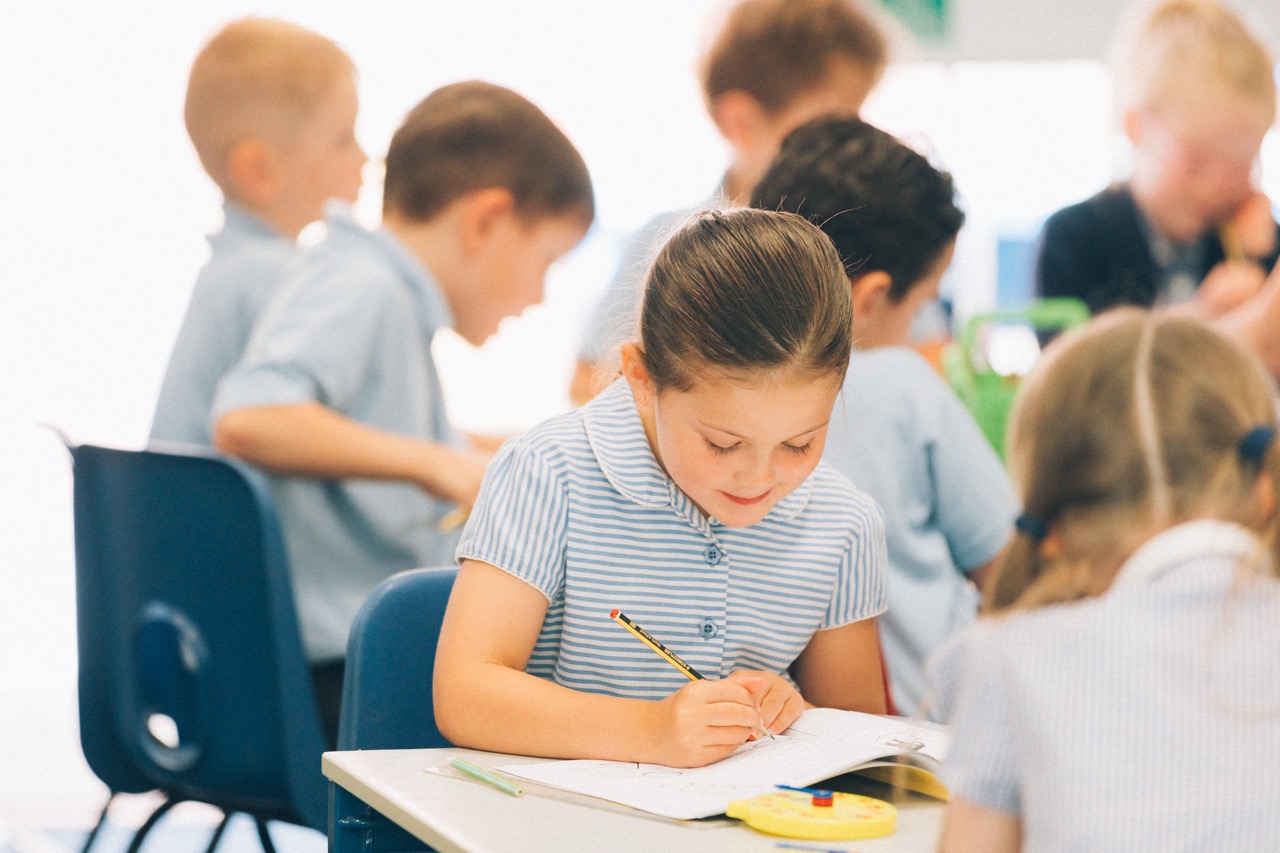
Explore Our Exciting Curriculum
At St Katharine’s we always aim to go above and beyond the National Curriculum, the details of which can be found here. Each term, every class publishes a curriculum map, helping families to support their children’s learning at home. Details of these can be found on individual class pages. The information below gives a short overview of each subject to give you an insight into our broad and balanced curriculum.
Subject Snapshots
English
Writing: at St Katharine’s, we place huge importance on the ability to express ourselves and our ideas, thoughts, opinions, imagination and our understanding of the world in writing. We believe that a strong command of the written word will enable our children to take a full and active part in all aspects of society. We aim to help children become confident in expressing themselves coherently, creatively and imaginatively, adapting their language and style for a wide range of contexts, purposes and audiences. We aim to equip them with rich vocabulary and an understanding of grammatical, structural, spelling and other linguistic conventions and good handwriting skills so that they can communicate confidently and clearly in written forms. We use The Write Stuff, devised by Jane Considine to support teaching and learning of writing.
Reading: we believe that fluent reading skills are central to success at school and beyond. At the heart of every child’s learning journey is the acquisition of vocabulary and language. We aim to be a community of readers, all of whom share an appreciation of our rich and varied literary heritage. We enable our children to read easily, confidently and fluently with good understanding; to develop the habit of reading widely and often, for both pleasure and information. Our curriculum places great emphasis on children revisiting new vocabulary in every subject, so that they become immersed in the world of language and knowledge. Children are exposed to high quality texts in all year groups. Children’s reading journey starts phonics and we use the Little Wandle scheme.
Oracy: every child should have the confidence and skills to express themselves clearly, respectfully, and thoughtfully. Through our oracy curriculum, we teach children to speak, listen, and debate effectively—preparing them to communicate well in all areas of life. We create a safe environment where every voice is valued, encouraging pupils to share ideas, ask questions, and build understanding. Rooted in our Christian values, oracy helps children grow in truth, love, and confidence as they learn to speak with purpose and listen with compassion.
We follow the guidelines of the National Curriculum and have developed teaching for mastery in maths across all classes. Teachers in all classes use White Rose to guide lessons in which children learn using small steps to build on previous understanding. The concrete-pictorial-approach is used by all teachers, in all year groups. Staff are given autonomy in the use of fluency and problem solving alongside the White Rose scheme to ensure that children all have the best opportunity to succeed in all areas of learning.
In Early Years, in addition to White Rose Maths, staff use a range of other maths videos, games and songs to ensure children start their Maths journey with confidence and excitement.
At St Katherine’s we aim to stimulate a child’s curiosity in finding out why and how things happen in the natural and man-man world around them, learning to ask scientific questions and how to answer them through diverse methods of enquiry and investigation. We use the Kent Scheme to guide our teaching, ensuring that we cover – and go beyond – the national curriculum. Learning in school is enhanced by trips and workshops.
RE is a core subject and is taught in line with the Kent agreed syllabus (Diocese of Rochester’s long-term plan) incorporating Understanding Christianity 2023-2027.
It is taught by class teachers because they can call on their in-depth knowledge of the children in their class and the wider curriculum (PSHE etc).
It is taught as part of Understanding the World in EYFS and weekly in KS1 (1hr) and KS2 (1¼ hrs).
When teaching Christianity (the main religion studied), teachers use “Understanding Christianity” resources and when teaching other religions or Humanism and Universal themes, Rochester Diocese resources are used.
Crossteach (a local Christian outreach charity) provide Christmas and Easter workshops biannually for Y5 and Y6.
At St Katharine’s we aim to make the learning of History an engaging, experiential, knowledge-building and exciting experience for children. Children experience an immersive learning approach through a series of well-crafted lessons that engage with all senses. These experiences enable children to develop the critical ability to use reliable sources of information of the past to learn from it, rationalise it and make connection with the present and different periods of history. Deeply connected with the learning of geography, our history and geography curriculum work in sync, empowering our pupils to develop a moral, environmental, ethical, social and scientific grounding to understand humanity as a whole.
St Katharine’s geography curriculum’s intent is to develop pupils’ curiosity and fascination with the world around them. The broad and rich curriculum aims to introduce pupils to the incredible physical world of our planet, its climates, continually changing landscape and its ocean environments. From their learning experiences they will develop a sense of wonder and respect for the world and a sense of their personal responsibility towards minimising damage and preserving the natural resources through deliberate positive human action. This is very much linked to our Christian ethos of loving and caring for the world God created. In addition, the curriculum encourages a sense of interest, appreciation and understanding for the many cultures which make up the world, where they are located and how the landscape and location affect their way of life. Finally, the curriculum provides children with the opportunity to develop their geographical skills and to become confident in undertaking their own lines of enquiry, becoming independent investigators and explorers of their world.
At St Katharine’s, we believe learning French should be fun, engaging, and build confidence from the start. In Key Stage 1, children are introduced to the language informally through songs, stories, and simple games. From Year 3, French is taught by Mme Burness (who is French), and then from Year 4 to Year 6 by Mme Hanna (a specialist languages teacher), where children begin to develop their reading and writing skills alongside speaking and listening. Oracy is at the heart of our approach, with lots of opportunities to practise speaking through interactive games and role-play. A highlight of the journey is our French café experience in Year 5, where children use their language skills in a real-life setting—complete with menus, ordering food, and plenty of French flair!
We believe Physical Education is about more than just sport—it’s about building healthy bodies, active minds, and strong character.
Our PE curriculum is designed to inspire all children to enjoy being active, develop physical confidence, and understand the importance of health and wellbeing. We provide a wide range of opportunities for children to explore movement, improve their fitness, and learn the values of teamwork, resilience, and fair play.
Through high-quality teaching and inclusive activities, we aim to:
Develop fundamental movement skills and sporting techniques
Encourage perseverance, self-belief, and a positive attitude to challenge
Promote cooperation, communication, and leadership
Instil lifelong habits of physical activity and personal wellbeing
We ensure every child has the chance to flourish in PE, from daily activity and creative games to competitive sports and outdoor learning. Rooted in our school’s Christian values, our PE curriculum helps children grow in confidence, care for others, and celebrate both individual and team success.
At St Katharine’s we believe that creativity is an extremely important part of self-expression which needs to be nurtured. Children at St Katharine’s tell us that they enjoy and value their art lessons and creative experiences at school and we recognise that making a piece of artwork is an absorbing and rewarding experience which can engender feelings of well-being. Our aim is to ensure that every child enjoys a feeling of artistic success. Whilst ensuring encouragement and validation for all, talent and attainment in art are recognised and held in high regard by pupils and teachers alike. We aim to deliver a high-quality art, craft and design education to engage, challenge and inspire pupils, equipping them to experiment, invent, create and evaluate their own works of art. As pupils progress, they will be able to think critically and develop a more rigorous understanding of art and design and know how art has shaped and reflected our history, contributing to the culture, creativity and wealth of our nation.
During their time at St Katharine’s, all pupils will:
Produce creative work, exploring their ideas and recording their experiences.
Use the language of art to analyse and evaluate their own and others’ work and compare and contrast art works (we do this in various ways eg through Walking Galleries at the end of art lessons).
Study the work of great artists, craft-makers and designers and the movements they were part of.
Develop an understanding of the historical and cultural development of their art forms.
Our Art curriculum enables pupils to develop not only specific practical skills but also their ability to make personal choices about materials, composition, colour-schemes and so on – and to evaluate the end product. Understanding the artistic process of idea/design inception, through modification to completion will be useful to pupils in many areas of life. We aim to let pupils know that artistic talent lends itself to many exciting career choices so if they are passionate about it, they can and should continue their artistic learning at secondary school. The following breakdown of skills progression ensures a thorough coverage – where the knowledge and skills are intertwined.
At our school, Design and Technology is where creativity meets real-life problem-solving. Our DT curriculum encourages children to explore, imagine, and create with purpose—equipping them with the practical skills and curiosity to shape the world around them.
We aim to inspire pupils to:
Design and make products that solve real and relevant problems
Learn to use tools, materials, and techniques safely and effectively
Develop resilience, teamwork, and the ability to evaluate and improve their ideas
Understand how design affects daily life—from homes and food to inventions and sustainability
Rooted in our Christian values of Truth, Love, and Forgiveness, DT also helps children learn from mistakes, support one another’s ideas, and create with empathy and purpose.
Through hands-on projects in food, textiles, construction and mechanics, children become confident, thoughtful designers and makers—ready to contribute their ideas to the wider world.
Computing is an essential part of preparing children for life in a digital world. Our computing curriculum equips pupils with the knowledge, skills, and understanding they need to use technology safely, creatively, and confidently.
We aim to:
Teach children how to use a variety of digital tools to create, communicate, and explore ideas
Develop logical thinking and problem-solving through programming and coding
Ensure children understand how to stay safe and respectful online
Encourage curiosity, innovation, and digital responsibility
We guide children to use technology with honesty and care, to support others, and to make wise choices in the digital world.
Through engaging lessons in digital literacy, computer science, and online safety, we empower every child to become a responsible digital citizen, confident communicator, and thoughtful creator—ready for the ever-changing future.
At St Katharine’s we make music an enjoyable learning experience. We encourage children to participate in a variety of musical experiences through which we aim to build up the confidence of all children. Our teaching focuses on developing the children’s ability to sing in tune and with other people. Through singing songs, children learn about the structure and organisation of music. We teach them to listen and to appreciate different forms of music.
As children get older, we expect them to maintain their concentration for longer and to listen to more extended pieces of music – both recorded and live.
Children develop descriptive skills in music lessons when learning about how music can represent feelings and emotions. We teach them the disciplined skills of recognising pulse and pitch. We ensure every child will have the opportunity to learn an instrument for a year and be taught by a music specialist; pupils learn to read music and play as part of an ensemble. We teach the children how to work with others to compose music, perform and record music for an audience.
Our music is a vital part of our ethos, linked to our Christian values, and is explored across the whole curriculum eg science (sound in year 4), well-being (whole school), English, history and maths!
Our vision is that every child will leave our school with a love of music and able to read basic notation.
PSHE education is a key part of helping children grow in confidence, character, and compassion. Through the Coram Life Education SCARF programme—Safety, Caring, Achievement, Resilience and Friendship—we deliver a comprehensive, age-appropriate curriculum that fully meets the statutory requirements for Relationships and Health Education (RHE).
We aim to ensure that all children:
Develop healthy relationships based on respect, kindness, and empathy
Understand how to stay safe in a variety of situations, including online
Learn how to look after their mental and physical health
Gain confidence to make informed, responsible decisions
Build resilience, emotional literacy, and a strong sense of self-worth
Our PSHE teaching is inclusive and sensitive to all backgrounds, while also being rooted in our Christian values of Truth, Love, and Forgiveness. We encourage children to treat others with compassion, speak truthfully, and grow through reflection and grace.
Through PSHE, children learn how to flourish—socially, emotionally, and spiritually—and are prepared to thrive in the wider world as thoughtful, responsible individuals.
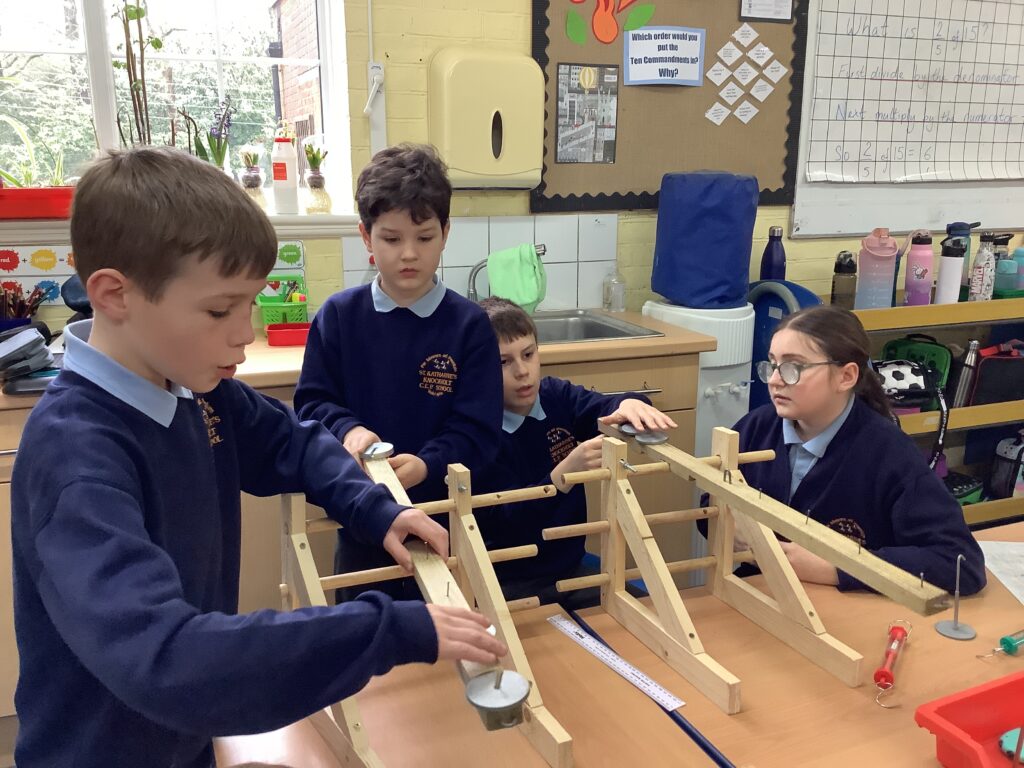
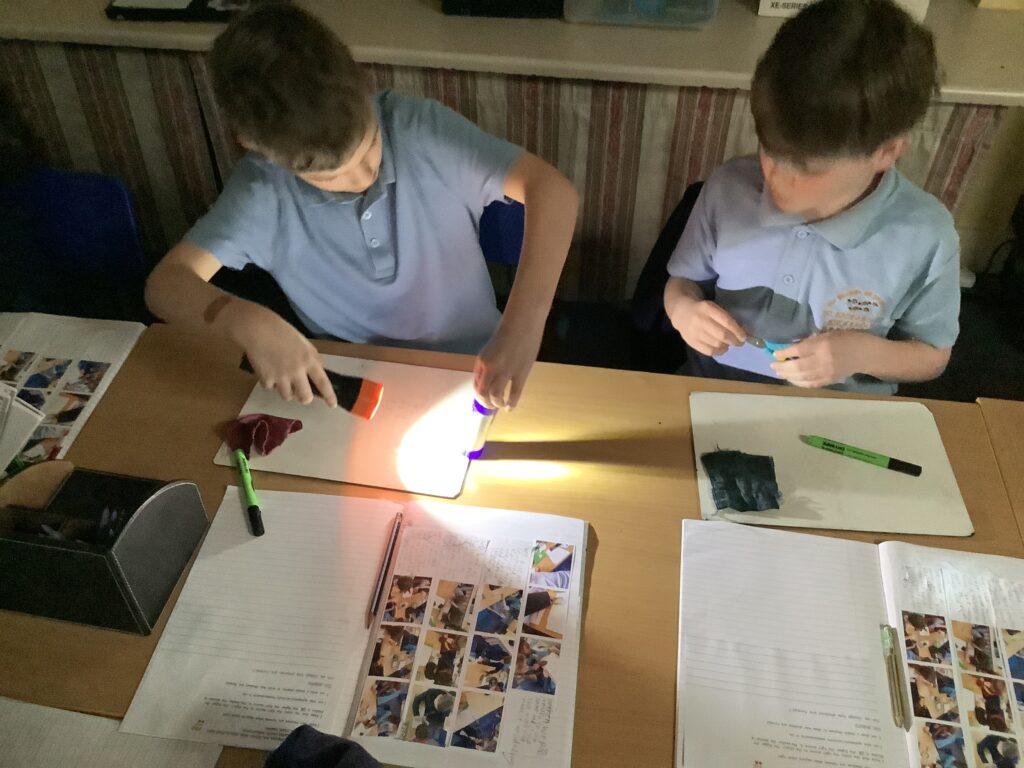
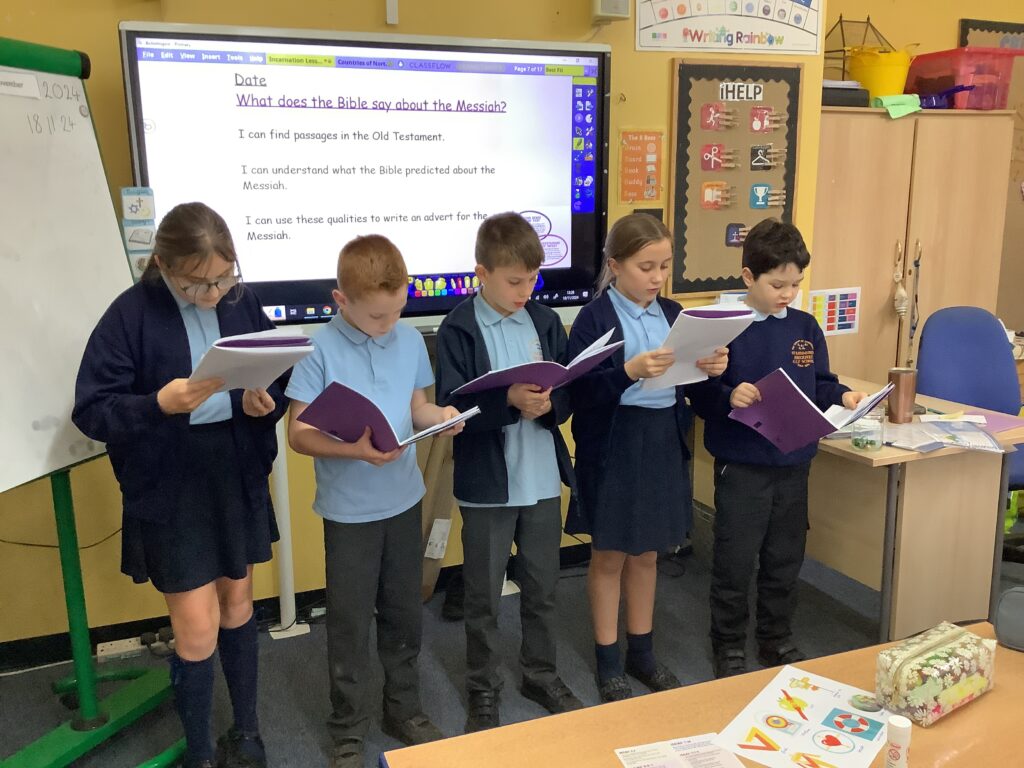
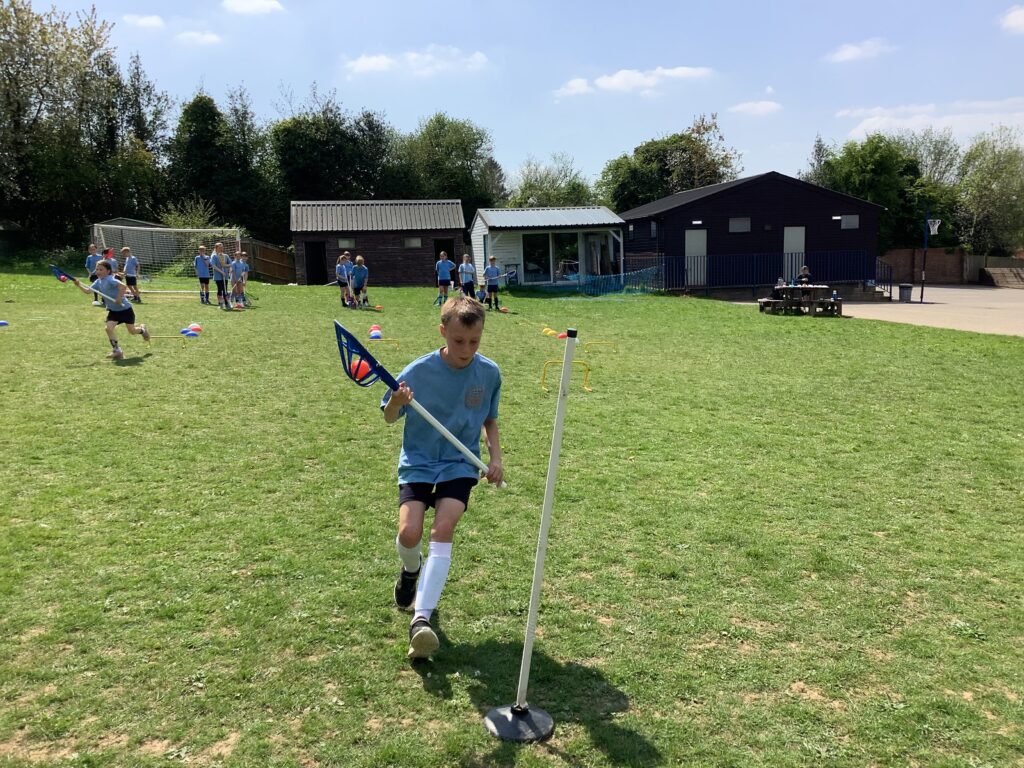
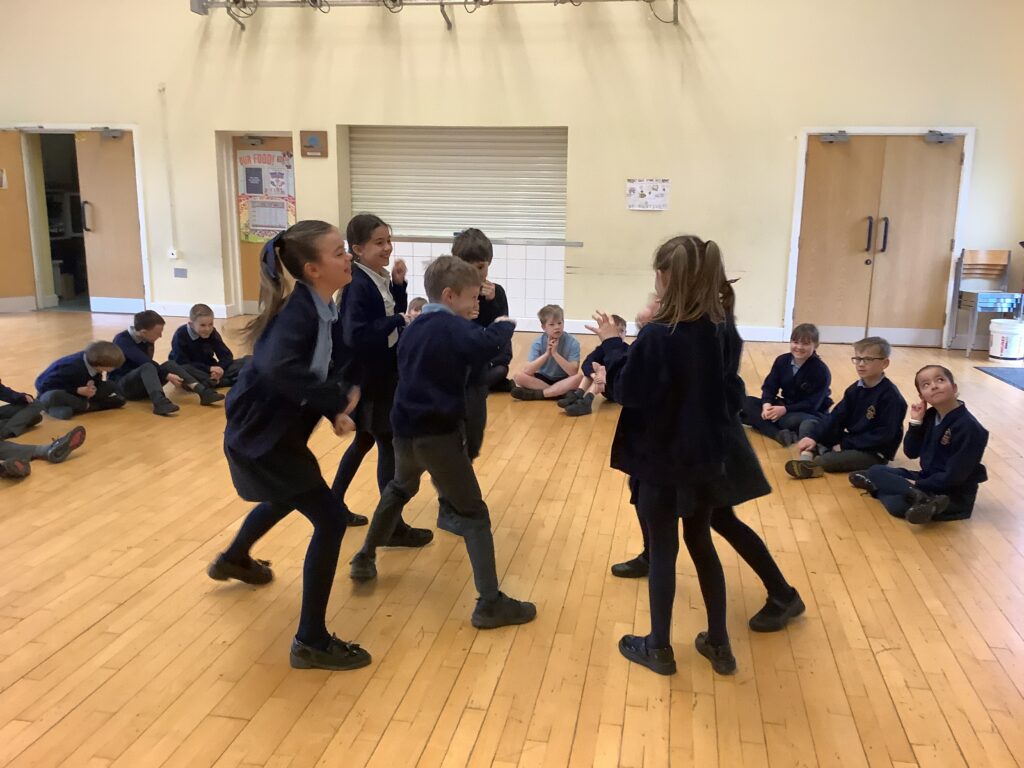
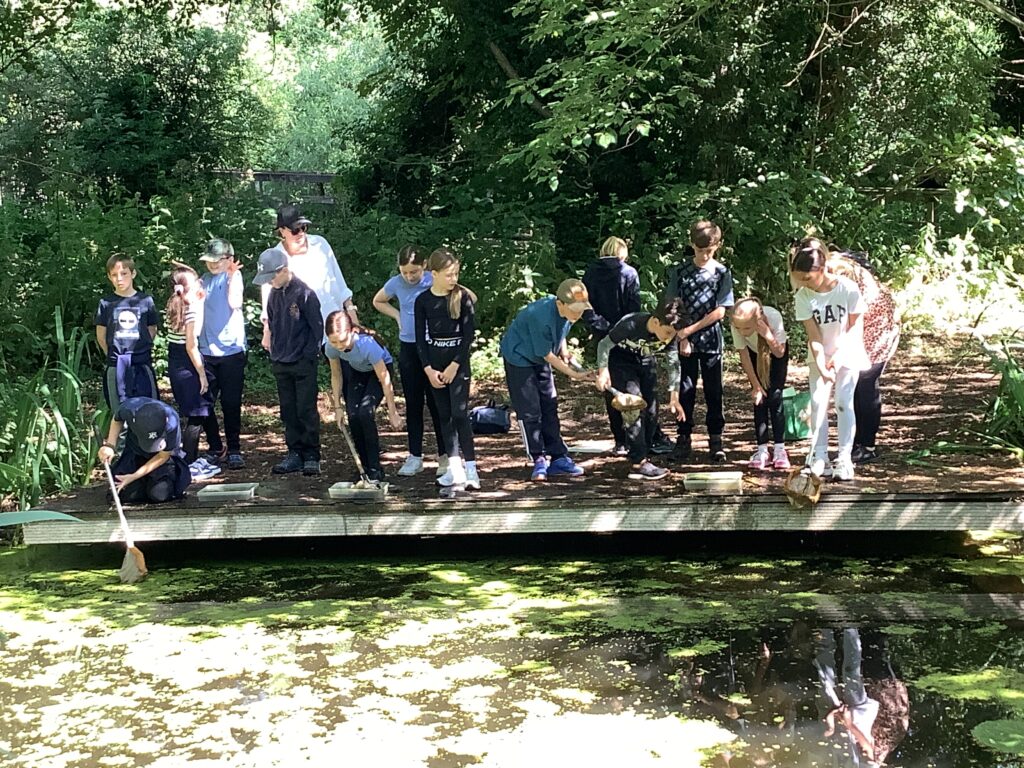
Our Successes
Academic achievement is one part of what makes us proud of our children …
You can find details on the government school performance website
OFSTED – November 2022
“Pupils offer a warm welcome to their school. They are proud and happy to be at the heart of this close-knit learning community. Relationships between staff and families are warm, respectful and supportive.
Leaders have high expectations for behaviour. Pupils listen well and are keen to engage with the views of others. Pupils treat each other with kindness. They are confident that should any incidents of bullying happen staff would deal with them effectively. Pupils glow with excitement when they describe their link with a school in The Gambia. They have raised funds to pay for new flooring and sports equipment in the Gambian school. They share letters and video messages with their friends and love hearing about life in The Gambia.
Pupils say they push themselves out of their comfort zone while flourishing at residential trips in Y ears 5 and 6. Pupils value th e annual competition to design and build a go-kart to race against other schools. Through the strong local sports partnership, girls and boys represent the school at swimming, netball, football, cricket and athletics events.
Attendance is very high at clubs, including gymnastics before school. Pupils also enjoy wider opportunities such as sewing, gardening, yoga, board games and junk modelling.”
Access the full report on the OFSTED website.
SIAMS (Statutory Inspection of Anglican and Methodist Schools) is the national inspection process for Church of England and Methodist schools in England. It evaluates how effectively a school’s Christian vision shapes its ethos, curriculum, relationships and overall provision.
‘This is a school that values each individual and allows them to flourish’. SIAMS 2018
Access the full report here.
